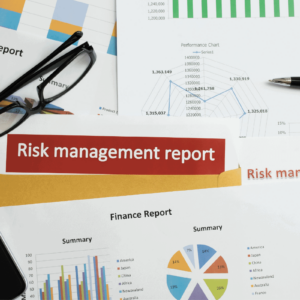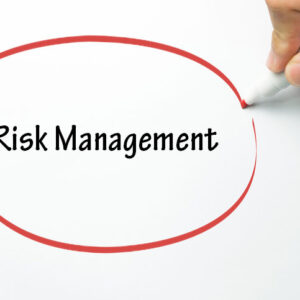Description
Introduction: This comprehensive online course delves into the intricate realm of decision-making under uncertainty, a critical skill in both risk management and psychology. In today’s dynamic and unpredictable world, individuals and organizations face complex choices amid uncertain environments. Understanding how to navigate these uncertainties is key to making informed and effective decisions.
Description: The course is structured into modules, each designed to equip learners with the theoretical foundation and practical tools necessary to tackle uncertainty-driven decision-making challenges.
Module 1: Understanding Uncertainty This module provides an in-depth exploration of uncertainty types, sources, and implications across various domains. Learners grasp the concepts of risk, ambiguity, and volatility, gaining insight into their psychological and practical impacts on decision-making processes.
Module 2: Decision Theory and Models Here, students delve into decision theories and models used in risk management and psychology. They examine traditional decision-making models, Bayesian inference, prospect theory, and scenario analysis. Practical applications and case studies offer real-world perspectives.
Module 3: Cognitive Biases and Heuristics This module explores the fascinating realm of cognitive biases and heuristics that influence decision-making under uncertainty. Learners discover how biases such as loss aversion, confirmation bias, and availability heuristic affect judgments and choices, and strategies to mitigate their impact.
Module 4: Strategies for Uncertainty Management Armed with a deeper understanding of uncertainty, learners explore a range of strategies to manage and mitigate risks. This section covers decision-making tools like Monte Carlo simulation, real options analysis, and robust decision-making frameworks.
Module 5: Psychological Resilience and Decision Agility Recognizing the importance of psychological resilience, this module focuses on fostering adaptive decision-making skills. Techniques to enhance resilience, manage stress, and cultivate decision agility in uncertain situations are discussed.
Module 6: Decision-Making in Complex Environments The final module synthesizes the knowledge gained throughout the course. Learners engage in complex decision-making simulations and case studies, applying learned strategies to multifaceted scenarios. Emphasis is placed on synthesizing knowledge and applying it practically.
Key Learning Points:
- Grasp various types and sources of uncertainty in decision-making contexts.
- Understand decision theories, models, and their practical applications.
- Identify and mitigate cognitive biases influencing decisions under uncertainty.
- Implement strategies such as simulation and scenario analysis for effective risk management.
- Cultivate psychological resilience and decision agility in uncertain situations.
- Apply learned concepts to navigate complex decision-making scenarios.
Value Proposition: Upon completion, learners gain a holistic understanding of decision-making under uncertainty, bridging the gap between risk management and psychology. They emerge equipped with practical tools and psychological insights to make informed decisions amidst unpredictable circumstances, benefiting both personal and professional domains.




